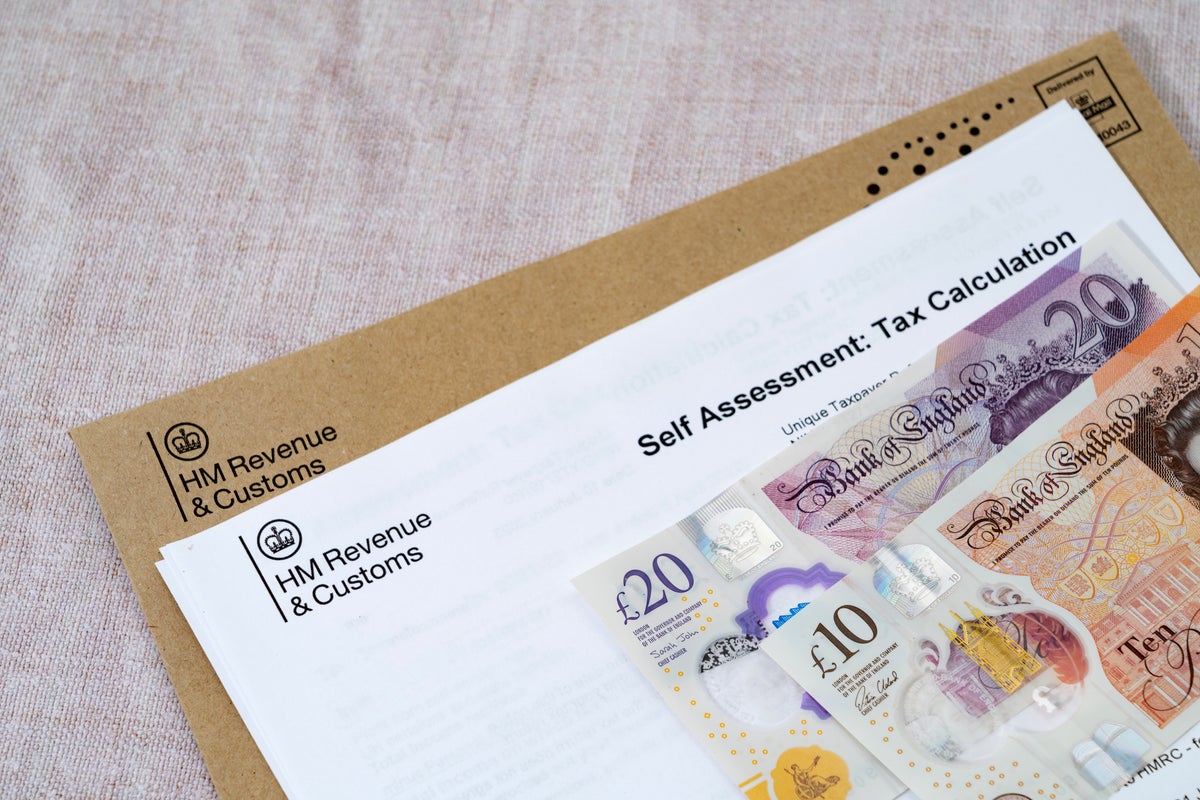Business
HMRC Resumes Direct Tax Recovery from Debtors’ Bank Accounts

The UK’s tax authority, HMRC, has restarted its Direct Recovery of Debts (DRD) program, allowing the agency to recover owed taxes directly from the bank accounts of debtors. This initiative, which had been paused during the pandemic, entered a “test and learn” phase as of March 2024. The program primarily targets individuals and businesses that are financially capable of settling their debts but have opted not to do so.
The government indicated in its spring statement that the DRD would be reactivated for cases involving debts of £1,000 or more. Under this policy, HMRC can instruct banks and building societies to transfer owed funds directly from a debtor’s accounts, including cash ISAs. It has implemented several safeguards to protect vulnerable customers and prevent undue hardship.
HMRC clarified that it will only take action against individuals or businesses with established debts who have ignored HMRC’s outreach attempts. Debtors will not face recovery actions if they have disputes regarding the amount owed, as they have an automatic right to appeal. Additionally, the agency ensures that a minimum balance of £5,000 remains in the accounts of debtors, allowing them to cover essential expenses such as wages, mortgages, and other critical financial obligations.
In a statement on its official website, HMRC noted, “The vast majority of taxpayers pay their taxes in full and on time, but a minority choose not to pay, even though they have the means to do so.”
Dawn Register, a tax dispute resolution partner at BDO, remarked on HMRC’s renewed approach, stating, “Given the pressure on public finances, it’s clear that HMRC is determined to get tougher on those who can pay but don’t pay.” She emphasized the importance of exploring “time to pay” options for those facing financial difficulties, allowing them to settle their debts in installments.
As the UK government grapples with fiscal challenges, the reintroduction of the DRD program marks a significant step toward enforcing tax compliance among those who are able to pay. HMRC aims to balance its enforcement efforts with support for individuals and businesses genuinely struggling financially, ensuring a fair approach to tax collection.
With the DRD program now in effect, HMRC’s commitment to recovering owed taxes will likely intensify, potentially impacting many who have previously evaded their tax responsibilities.
-

 Entertainment3 months ago
Entertainment3 months agoAnn Ming Reflects on ITV’s ‘I Fought the Law’ Drama
-

 Entertainment4 months ago
Entertainment4 months agoKate Garraway Sells £2 Million Home Amid Financial Struggles
-

 Health3 months ago
Health3 months agoKatie Price Faces New Health Concerns After Cancer Symptoms Resurface
-

 Entertainment3 months ago
Entertainment3 months agoCoronation Street’s Carl Webster Faces Trouble with New Affairs
-

 Entertainment3 months ago
Entertainment3 months agoWhere is Tinder Swindler Simon Leviev? Latest Updates Revealed
-

 Entertainment4 months ago
Entertainment4 months agoMarkiplier Addresses AI Controversy During Livestream Response
-

 Science1 month ago
Science1 month agoBrian Cox Addresses Claims of Alien Probe in 3I/ATLAS Discovery
-

 World2 weeks ago
World2 weeks agoBailey Announces Heartbreaking Split from Rebecca After Reunion
-

 Health4 months ago
Health4 months agoCarol Vorderman Reflects on Health Scare and Family Support
-

 Entertainment4 months ago
Entertainment4 months agoKim Cattrall Posts Cryptic Message After HBO’s Sequel Cancellation
-

 Entertainment3 months ago
Entertainment3 months agoOlivia Attwood Opens Up About Fallout with Former Best Friend
-

 Entertainment2 weeks ago
Entertainment2 weeks agoCoronation Street Fans React as Todd Faces Heartbreaking Choice




















